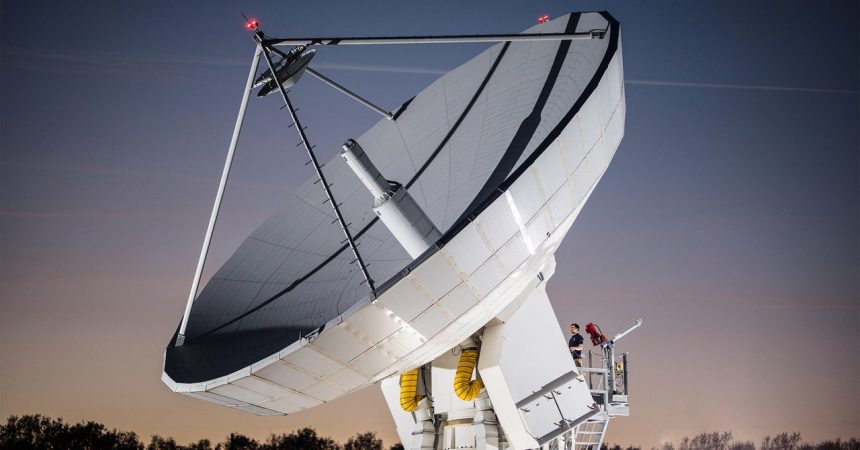The OneWeb-Eutelsat merger has been touted as Europe’s entry into the space race. It is the only company currently competing with Musk’s Starlink in the low-orbit market. But to claim its title as a European space giant, Eutelsat first has to navigate messy post-Brexit politics. Both France’s Eutelsat and Britain’s OneWeb were part-owned by their respective governments, and the two countries will continue to own stakes in the new business.
Berneke admits Brexit has brought challenges. “But there’s been a willingness on both sides to reach across the Channel to try and find a good way of collaborating,” she says. If Europe wants a homegrown satellite giant, Britain and France will have to resolve their differences. “[OneWeb’s fleet] is going to be one of the only non-US-based constellations for a while,” she says.
Brexit politics are not the only hurdle. OneWeb’s Gen One satellites need upgrading, and Eutelsat is planning to have more advanced Gen Two satellites in orbit by 2027. Berneke says this upgrade will cost 3 billion to 4 billion euros ($3.3-4.4 billion), a bold move for a company with a reputation for playing it safe.
Analysts at J.P. Morgan have described the merger as “high risk.” But Berneke says this new approach to running the company is a conscious decision—partly influenced by Musk. “Starlink has really, truly innovated, making [satellite] launches much more industrial,” she says. “I think that’s something we all should be looking at and saying, ‘how can we move forward much, much faster?’ It’s also being open to risk.”
SpaceX’s willingness to embrace risk was demonstrated by its close collaboration with the Ukrainian government, which exposed Starlink satellites to Russian jamming attacks. Eutelsat was pulled into the war for a different reason. In November, Ukraine’s culture minister, Oleksandr Tkachenko, published an article in French newspaper Le Monde, criticizing Eutelsat for continuing to broadcast TV channels that carried Russian propaganda. Berneke did not deny the claims. “We’ve always had what we call a policy of neutrality,” she says. Eutelsat follows guidance issued by French media regulator ARCOM on which channels are and aren’t sanctioned.
Berneke resists the idea that executives should implement their own sanctions on top of legally binding restrictions—a trend that has been gathering pace since Russia’s invasion of its neighbor. Apple, for example, voluntarily halted product sales in Russia following pressure from the Ukrainian government. “We’re not going to try to do more ourselves,” she says.
Instead she argues that this stance gives the company more legitimacy to push back when regimes, like Iran, do not want some Western channels broadcast locally.
In October 2022, the company accused Iran’s regime of jamming its satellites. “We did all kinds of technical hoops and loops to make sure that we continued broadcasting because we had paying customers and we thought it was important that channels were not sanctioned,” she says. “So it goes both ways.”
Read the full article here








